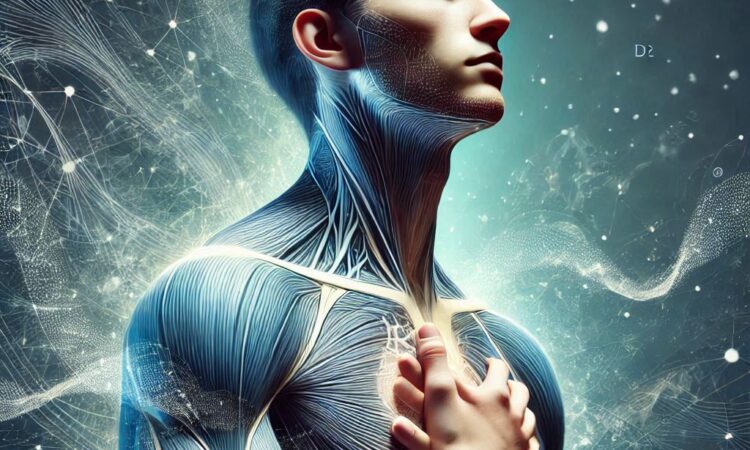Martial arts aren’t just a mental workout. They come with impressive physical perks, like better mobility, balance, and coordination. Whether you’re recovering from an injury or just aiming to stay fit, the discipline involved helps you find inner strength and promotes healing on multiple fronts.
![]()
Better Mobility
One of the key benefits of martial arts is improved mobility. The diverse range of movements, from kicks and punches to stances and transitions, helps to enhance flexibility and joint health. Regular practice can prevent stiffness and promote greater freedom of movement, which is especially beneficial for those recovering from injuries or dealing with chronic conditions.
![]()
Enhanced Balance
Balance is a fundamental aspect of martial arts training. Practitioners learn to maintain stability while executing complex techniques, which translates to improved overall balance in daily life. This is particularly important for older adults or individuals who have experienced injuries, as it can help reduce the risk of falls and related complications.
![]()
Improved Coordination
Martial arts require precise coordination between different parts of the body. Training drills and techniques help to develop better hand-eye coordination, timing, and spatial awareness. This not only enhances martial arts performance but also benefits other physical activities and daily tasks that require coordination and dexterity.
![]()
Strength and Endurance
While martial arts are often associated with skill and technique, they also provide a full-body workout that builds strength and endurance. Through consistent practice, practitioners develop stronger muscles, better cardiovascular health, and increased stamina. This holistic approach to fitness contributes to overall physical well-being and resilience.
![]()
Rehabilitation and Recovery
For those recovering from injuries, martial arts can be an effective rehabilitation tool. The controlled, low-impact movements can help rebuild strength and flexibility without placing excessive strain on the injured areas. Additionally, the discipline and structure of martial arts training provide a supportive environment for gradual and steady recovery.
![]()
Mind-Body Connection
Martial arts foster a strong mind-body connection, which is essential for overall health and well-being. By integrating physical practice with mental focus, martial artists develop heightened body awareness and control. This connection helps to prevent injuries, improve posture, and enhance the effectiveness of physical training.
![]()
Stress Reduction and Relaxation
Physical activity in martial arts is a great way to release stress and promote relaxation. The combination of movement, breathing exercises, and mental focus helps to reduce tension and anxiety. This not only improves physical health but also contributes to a more balanced and peaceful state of mind.
![]()
Longevity and Quality of Life
Engaging in martial arts can contribute to a longer, healthier life. Regular physical activity, combined with the mental and emotional benefits of martial arts, supports overall health and vitality. Practitioners often experience improved immune function, better sleep, and a greater sense of well-being, all of which contribute to a higher quality of life.
Expanding on the Principles
Curious to delve deeper into the core principles of martial arts? Stay tuned! Over the next few posts, we will explore each principle in depth, uncovering their nuances and practical applications. From harmony and balance to strategic thinking, we’ll break down what these principles truly mean and how they can be integrated into your training and daily life.
For those eager to learn more, we also offer a FREE CHEAT SHEET on martial principles tailored to various martial arts systems. Feel free to view, print, or download it from our website. Whether you’re a seasoned practitioner or a curious beginner, this resource will enrich your understanding and practice of martial arts.

